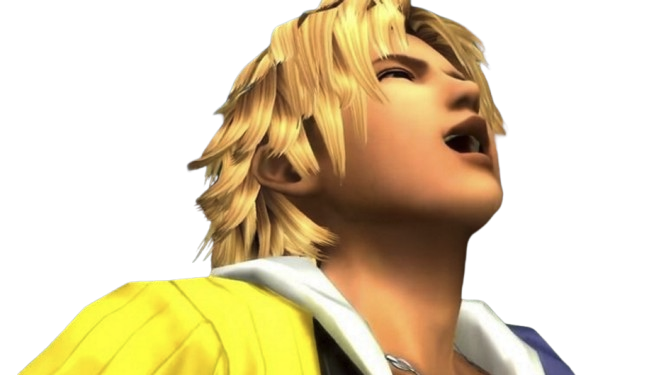

People were shit talking Bushnell in the original thread when it happened. But I think it can arguably be more effective than fragging folks in the building or something. Obviously, encouraging suicide isn’t good as a standard. The people in charge won’t care either way. But if voters work mostly on vibes, which they often do, this paints a picture of “peaceful person harmed only themselves to protest the government’s evil actions” instead of letting people handwave them away by focusing on them hurting other people instead.
People don’t generally know what Thích Quảng Đức was protesting, but given images of a burning monk, they assume the people who let that happen and that prompted the action are the villains. Of course, there’s tons of people who handwave away people like in the OP as just those with mental illness already prone to suicide. So it could really go either way.
If OP is another Bushnell, I wish they hadn’t died and had lived to continue fighting alongside other comrades, but I respect they care enough about something to go to these lengths because it often feels like nobody cares at all.














The Greens haven’t gotten a president but they absolutely do campaign and win at the local level. And PSL isn’t on the ballot everywhere so they’re the next best option. https://www.gpelections.org/greens-in-office/